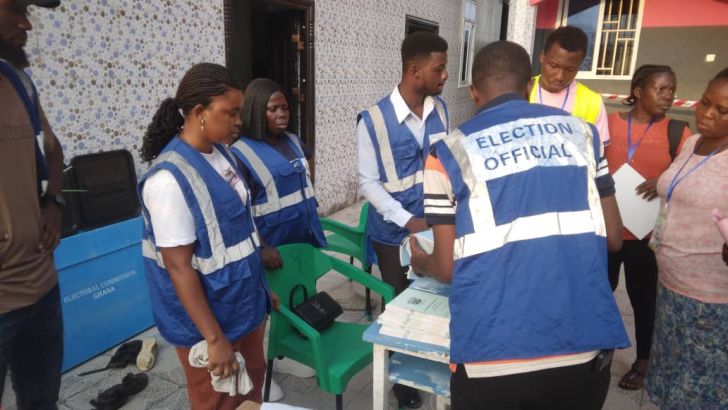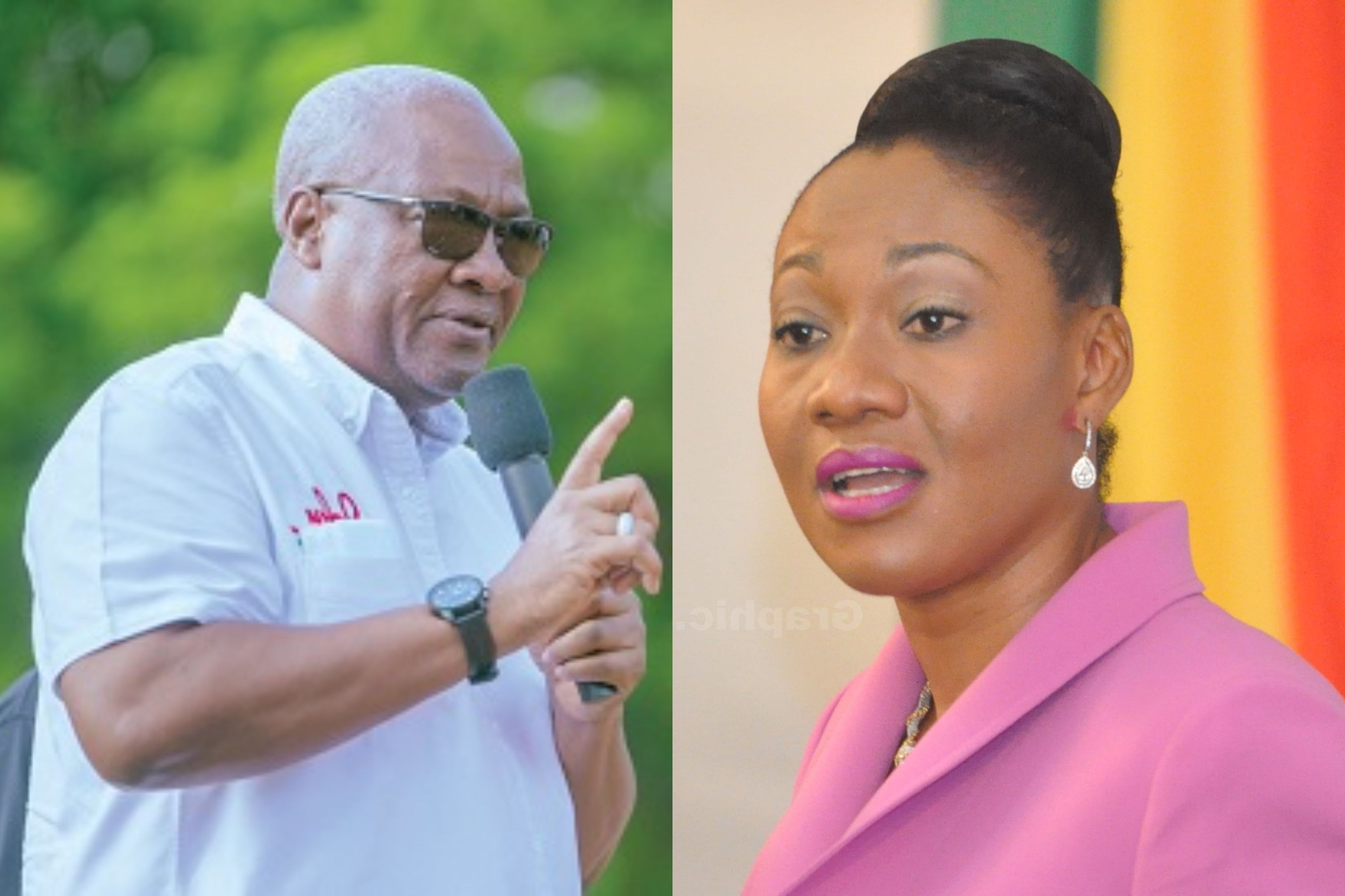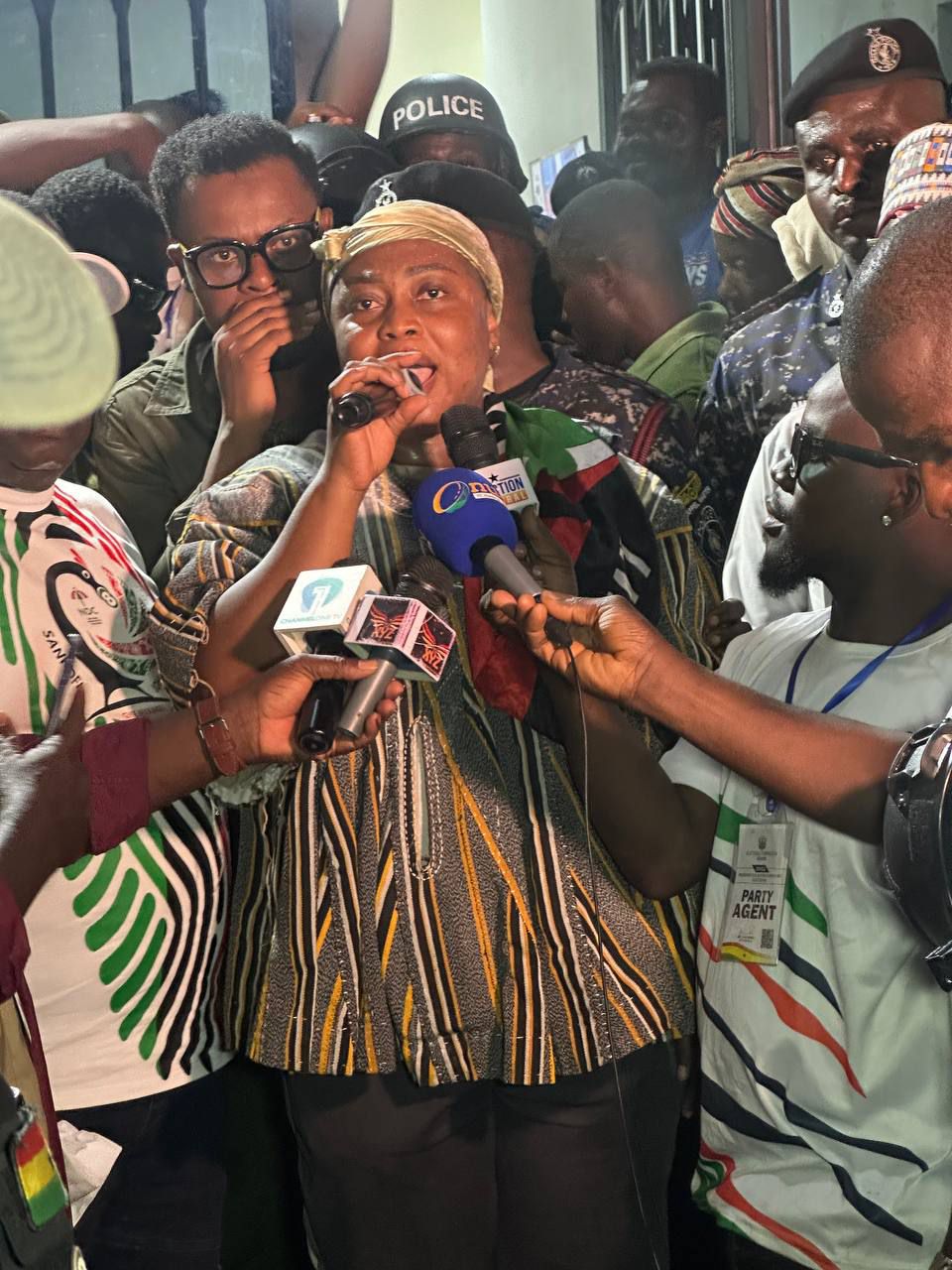
By Abraham BAFFOE
Government sets the legislation and policies for their country, and companies operating there must comply. It sounds simple – but to develop truly effective policy, governments need to engage private sector stakeholders in the process.
In forestry and agricultural production, poorly designed policy can lead to long-term conflict around the use of natural resources. The public and private sectors need to align on what policy aims to achieve and how it can be effectively implemented.
Over the past 20 years, Proforest has worked with both agricultural and forestry sectors, through action by private and public actors in Africa. In many cases, the goals and objectives of these actors are not aligned, undermining sustainable land use.
Proforest’s role is frequently to facilitate processes to align those goals in a way that ensures a balance between responsible agricultural development and sustainable land management.
In Nigeria, for example, companies have two years after a concession is allocated to develop the land for agriculture. At the same time, they are required to follow a lengthy process to complete the mandatory Environmental and Social Impact Assessment (ESIA), which involves collection of field data during both the dry and rainy seasons, and a slow approval process.
In addition, international best practices such as High Conservation Value (HCV) assessments can take more than a year to carry out, and final approval of the assessment reports by the High Conservation Value Network (HCVN) and the Roundtable on Sustainable Palm Oil (RSPO) often takes a further two years. Moreover, obtaining the Free Prior and Informed Consent (FPIC) of local communities, if done properly, can take as long as is needed for the communities to understand their rights and decide to give or withhold their consent.
Even with the best intentions, in this case government policy was making it impossible for companies to comply with the legislation and implement best practices within the timeframe required by law.
Proforest has a long-standing relationship with both the State government and the private sector in Edo State, Nigeria, enabling us to facilitate a dialogue to help both sides achieve their own responsible sourcing and production goals. To make FPIC and HCV assessments the norm in addition to the mandatory ESIA, both government and private sector needed to understand the requirements and limitations of the processes, and the tools needed to be embedded into policy and process.
This would bring benefits for both public and private sectors with a strong governance structure on one side, and long-term operational security on the other, enabling companies to meet their own commitments to climate, nature and people through compliance.
Similarly, in Ghana, Proforest is working with the government and private sector after the cocoa and chocolate companies initiated a process to ensure they will be able to comply with the upcoming European Union Deforestation Regulation (EUDR). Again, Proforest’s role is to align the interests of the two sides – to encourage the companies to use the national traceability system and make sure that the system can deliver on EUDR for the companies.
They may want to do additional work in their supply bases to go beyond this, but it’s important that everyone agrees the national system provides the basis for compliance. Building on the initial facilitation and dialogue to align interests and build trust, we’re now at the point of carrying out an appraisal of the national traceability system to identify any gaps or weaknesses that exist and to support in addressing those gaps to ensure the system is robust and deliver EUDR compliance.
Mediating organisations need to work with both government and private sector to achieve a level of trust that allows them to agree on what needs to be done and create a shared system to deliver it.
Crucially, facilitators need to find an entry point for engagement with different stakeholders from different sectors within government and understand what their objectives are. It’s important to understand that government isn’t a single voice, with one set of objectives. A facilitator needs to engage with multiple ministries and seek alignment among them, as well as with the private sector.
So, for example, in Ghana, the Ghana Cocoa Board’s action on EUDR compliance can also be impacted by the actions of other sectors, such as mining, in which case an engagement with the mining sector through the Ministry of Lands & Natural Resources becomes necessary. If the Cocoa Board aims to increase production significantly, there is a risk that farmers will convert forest reserves to cocoa.
We need to engage with the relevant agencies and ministries (Ministry of Lands & Natural Resources and the Forestry Commission) to understand how this can be achieved without deforestation, while also creating rural employment, meeting key environmental, social and development goals. As a convenor between public and private sectors, we need to align approaches through strong technical facilitation.
Identifying complementarities between private sector and government agendas can lead to these win-win outcomes. For example, under the Asunafo-Asutifi landscape management and investment plan, one of Ghana’s major cocoa-producing regions, the government is supporting farmers to rehabilitate moribund cocoa farms and replant them with higher-yielding varieties.
Meanwhile, the companies offer support including advance loans and cocoa agroforestry systems for farmers to improve their incomes, as part of their corporate social responsibility programmes. Complementary action by public and private sectors offers a win-win of higher productivity and improved livelihoods.
We have learned from decades of engagement in Africa that governments need to provide the space for private sector engagement and recognise that they need the private sector to provide jobs and to improve the livelihoods and development opportunities for local communities.
They don’t always have to accept the private sector view, but at least that view should be listened to. The private sector should be seen as a partner to government rather than an opponent. As facilitators, we seek to provide the space for meaningful collaboration and engagement by both government and private sector.
>>>the writer is Executive Director, Global and Africa
The post Supporting engagement and building trust between public and private sectors in Africa appeared first on The Business & Financial Times.
Read Full Story

















Facebook
Twitter
Pinterest
Instagram
Google+
YouTube
LinkedIn
RSS